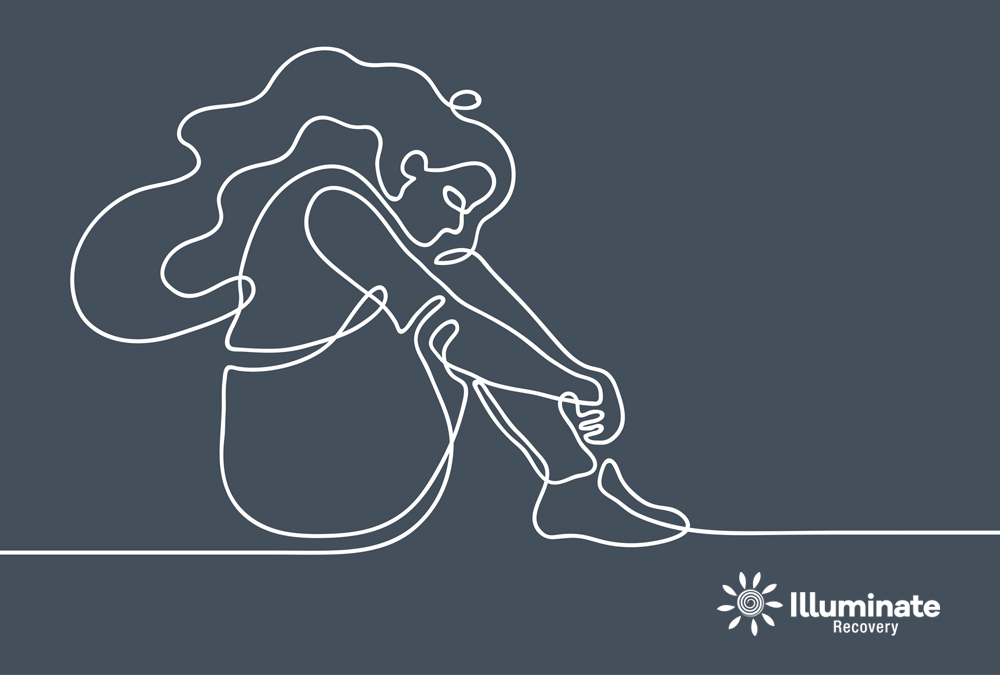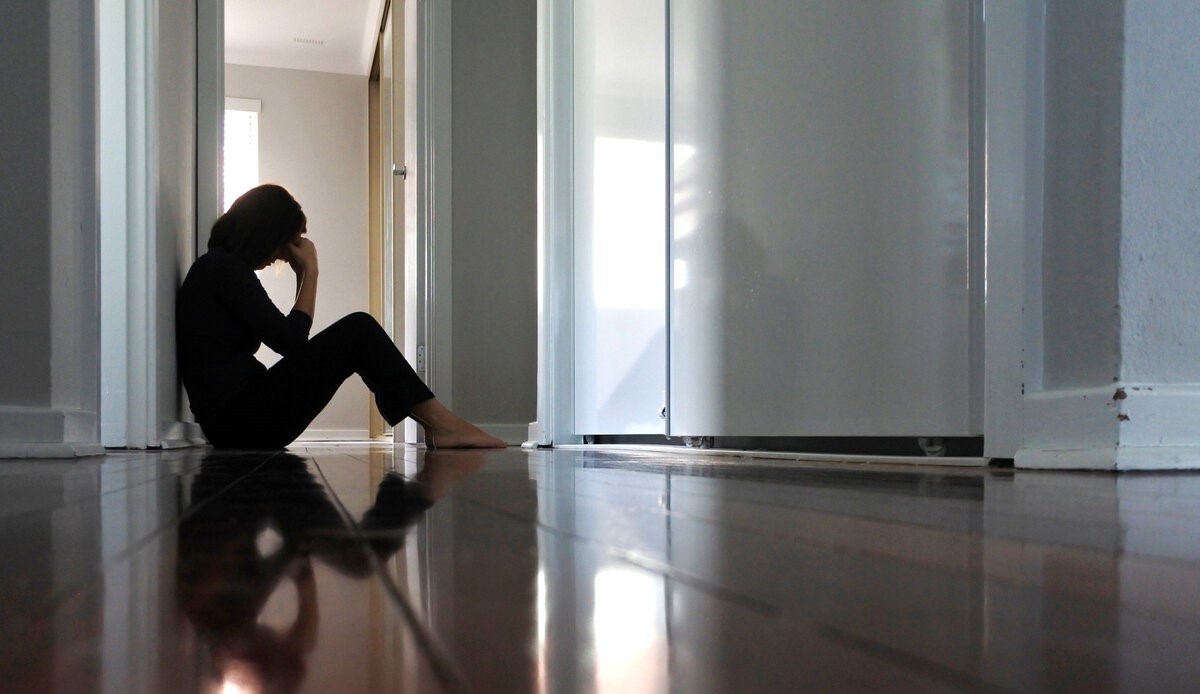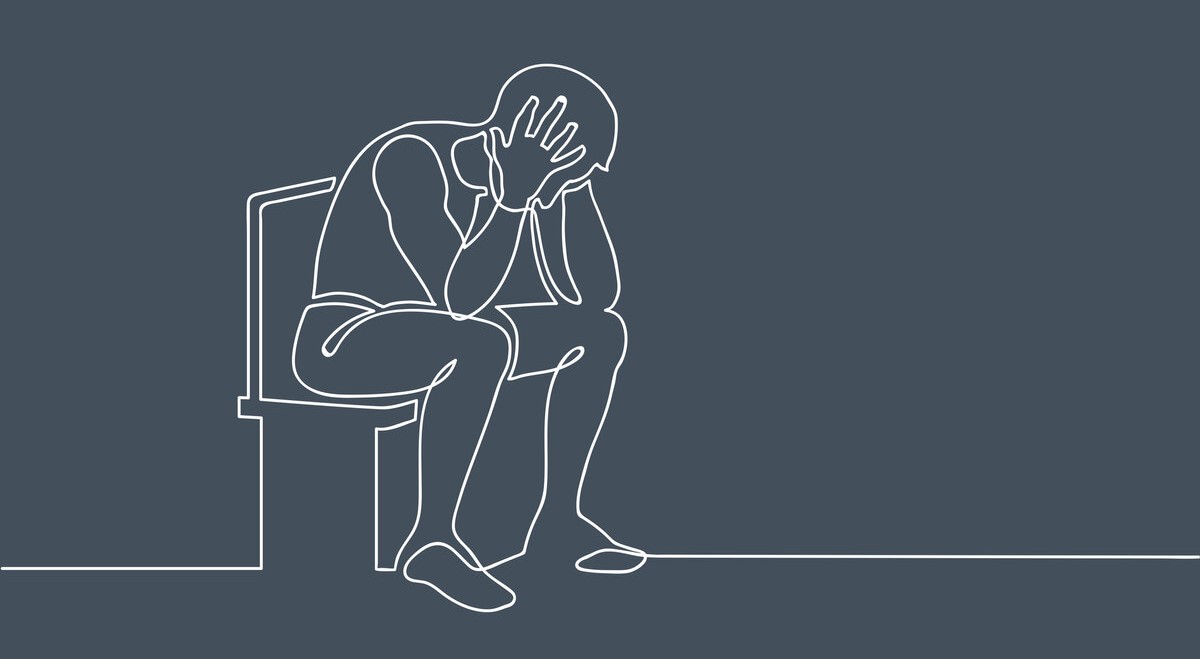
The Reasons People Don’t Seek Help for Addiction
Photo from Getty images
Originally Posted On: Dealing With Addiction Without Seeking Recovery (illuminaterecovery.com)
During active addiction, recovery can feel like a daunting, and sometimes distant, process. Many people aren’t even sure where to begin when it comes to recovery from substance dependency. Sadly, as a result, only 10% of Americans dealing with addiction seek and receive treatment. This means that of the 23 million Americans struggling with substance dependency, 90% are actively using and are not involved in the recovery process.
Currently, more than 20 million Americans are causing damage to themselves and their lives, hurting family members and loved ones, losing their jobs, and severely damaging their finances, all as a result of a drug or alcohol dependency.
Reasons People Don’t Seek Help for Addiction
Recovery could be lifesaving for many of these people, and yet, they aren’t getting it. For those without a history of substance dependency, this can seem baffling — they might not understand why people don’t get professional help for mental health and substance abuse issues. However, this is far from being a straightforward issue.
These are the top reasons that those struggling with addiction aren’t getting the help they need:
1. Fear
For most people struggling with substance dependency, recovery is uncomfortable. Once they begin the recovery process, they are bombarded by activities that, frankly, they don’t want to do. This could include (but is certainly not limited to) participating in group recovery meetings, going into sober living, or seeing a medical professional that specializes in substance dependency treatment. Underlying this resistance to recovery, more often than not, is fear.
 Photo from Getty images
Photo from Getty images
There’s an irony to fear of recovery, for those struggling with substance dependency. In active addiction, we’re constantly engaging in activities and behaviors that we’d rather not be doing. Whether it’s breaking laws, lying to family, missing important occasions, using or drinking at work, or using around children, addiction isn’t a comfortable place to find yourself.
The big difference between discomfort in recovery and discomfort in active addiction is simple: after a while, you get used to being uncomfortable in your dependency. This becomes the norm. In addiction, insanity is normalized, allowing us to adjust to behaviors that would otherwise be considered incredibly unpleasant. When you’re struggling with substance dependency, it’s all too easy to do things you truly believed you would never do.
Recovery is uncharted territory, and that can look scary, especially for someone who has never experienced it. However, at the end of the day, it’s important to remember that the process of recovery isn’t nearly as uncomfortable as feeding the addiction, itself — no matter how unfamiliar.
During recovery, you’ll be pushed far outside your comfort zone. However, you won’t be forced to do this alone.
2. Not Knowing Where to Begin
Neglecting to seek and begin recovery isn’t always because of mindset. In some cases, the person dealing with substance dependency simply won’t know where to turn, or how to begin such a life-changing process.
In the United States, there are around 14,000 treatment facilities available to those with substance dependency. These facilities use a wide range of treatment methods — plus, not all centers are of the same quality. Due to this huge number of options, it’s easy for someone to become confused about where they should begin.
If you’re confused, don’t go at it alone. Talk to your doctor and ask for recommendations — this is generally a safe place to start and will help you to narrow down your search. Consider narrowing your search further, based on the insurance available to you.
Still feeling overwhelmed? Talk to your loved ones and the people in your life. Someone will likely be happy to help you in your search for a treatment program.
3. Shame
 Photo from Getty images
Photo from Getty images
In some cases, the person dealing with substance dependency may be too ashamed of their situation to seek recovery. There is an enormous stigma surrounding drug and alcohol dependency, as well as seeking addiction treatment itself.
Shame is an especially difficult emotion to process, as it can often overwhelm the person affected. As such, shame can sometimes act as a barrier between an individual and their recovery. Plus, in experiencing shame, the person may become convinced that they are unworthy of receiving help or attention. To the person dealing with substance dependency, it could seem entirely rational to believe that there’s no reason to bother seeking treatment.
4. Fear That Addiction Treatment Will Impact Their Job
This particular fear can stem from several places, depending on the circumstance of the individual. Maybe the person seeking recovery is afraid to put in a request for the time off. Or, maybe, they’re afraid of potential judgment from their colleagues. Maybe both.
Thankfully, in the case of the former, the Family Medical Leave Act guarantees a person 12 weeks off of work, to seek substance dependency treatment. Meanwhile, that person’s job will be protected.
It’s also important to remember, that if a drug or alcohol dependency is to continue, work performance will likely be negatively affected — if it hasn’t been, already. More often than not, employers will prefer an employee to take time off for substance dependency treatment, rather than be forced to hire and train someone new.
5. Geographic Limitations or Living in a Rural Area
 Photo from Getty images
Photo from Getty images
Although so many treatment facilities exist in the United States, they are typically concentrated in certain areas, particularly cities and metropolitan areas. Additionally, treatment facilities and rehab programs tend to be more numerous in states with higher populations. As of 2016, for example:
- New York had 922 treatment facilities
- California had 1,430 facilities
- Illinois had 675 facilities
- Florida had 716 facilities
In states with lower populations, however, treatment facilities and programs for substance dependency can be few and far between. Plus, many of these low population states are geographically large. Facilities are often spread far apart, leading to a very low concentration of program options. In 2016, Wyoming had just 58 treatment facilities for substance dependency, while Montana had 64 facilities. Vermont had only 46 facilities available to its residents.
In the United States, a whopping 92% of treatment facilities for drug and alcohol dependency are located in urban areas. Rural areas tend to lack inpatient and partial hospitalization programs, as well as day treatment programs.
Even further, around 90% of doctors capable of prescribing buprenorphine, which is a common medication used in the treatment of opioid dependency, are found in urban areas. Over half of rural treatment facilities lack a doctor approved to prescribe this medication. Yet, at the same time, it’s rural physicians who report buprenorphine as being in high demand, resulting in long wait times for patients in need of the medication.
Rural providers also tend to suffer from a lack of funding. Basic infrastructure is often lacking, leading to inadequate facilities. Treatment centers in rural areas are often located in lower-income communities, which likely contributes to this. A shortage of money also complicates both recruiting and retaining staff. Plus, it’s more difficult to help counselors continue their education and earn important certifications.
6. Co-Occurring Disorders
 Photo from Getty images
Photo from Getty images
For those dealing with drug or alcohol dependency, it’s often the case that other mental health disorders are present as well. In 2016, for example, over 8 million adults had a dual diagnosis of a substance abuse problem and a psychiatric condition.
Individuals with a dual diagnosis are less likely to enter treatment, compared to those without an additional mental health condition. Of this group, 55% receive no treatment, while just 7.4% can receive treatment for both conditions.
For those with a dual diagnosis, many treatment programs and facilities are unable to provide the needed treatment. Just 18% of substance abuse programs are prepared to adequately treat patients with a dual diagnosis and only 9% of mental health programs can provide proper treatment.
Certain mental health conditions can also lower a person’s motivation to seek treatment, due to the symptoms of their condition.
7. Not Being Ready to Stop Using (or Denial)
Sadly, denial is a very common reason for a person dealing with substance dependency to neglect treatment. Sometimes, the person just feels as if they aren’t ready to recover.
To those who’ve never struggled with a drug or alcohol dependency, this might seem especially bewildering. Why would someone want to continue their dependency? Well, in reality, most individuals have conflicting feelings regarding their own substance abuse. Although they likely realize the negative consequences of their situation, that person might still believe that they are gaining something positive from their substance dependency — positive enough to put off their own recovery.
In some instances, this may lead to outright denial of a problem. During active addiction, it can become easy to believe that your problems are not a result of substance dependency and you might lose sight of the actual root of your problems. You might wholeheartedly believe that drug or alcohol dependence is simply a coping mechanism, rather than the source of the issue.
For example, maybe an individual loses their job and turns to drugs or alcohol to cope. Maybe they blame their boss for the pain they’re experiencing. This person likely won’t consider that, maybe, their addiction is at the core of why they lost their job, in the first place. Due to this smoke and mirrors effect, the person doesn’t see drugs or alcohol as the problem — they see their substance dependency as relief from the problem.
Addiction Treatment at Illuminate Recovery

At Illuminate Recovery, we’re proponents of compassionate care — we recognize that beginning treatment is an enormous step and not an easy one to take. Despite the hurdles you might face, we strive to provide the care you need, at every step of your recovery journey.
We know that substance dependency is a multi-faceted issue, with roots stemming deeper than just drugs and alcohol. We’re prepared to address and treat the dependency, as well as other underlying mental health conditions that may be present. This way, we can ensure the most effective treatment possible, leading to a successful recovery process.
Our dedicated and caring team of medical professionals is ready to help you through detoxification as well as creating a treatment plan, personalized to you. Our therapists offer both group and individual therapy, as a part of our outpatient care. While in treatment you’ll work on life skills, enjoy healthy activities and learn to have fun sober!
As your program progresses, we’ll continue to help you through the next steps of recovery with our job placement program other relapse prevention services.
Ready to start your addiction treatment and get on the path to recovery? Contact Illuminate Recovery today for more information and to be connected with a treatment advisor.
